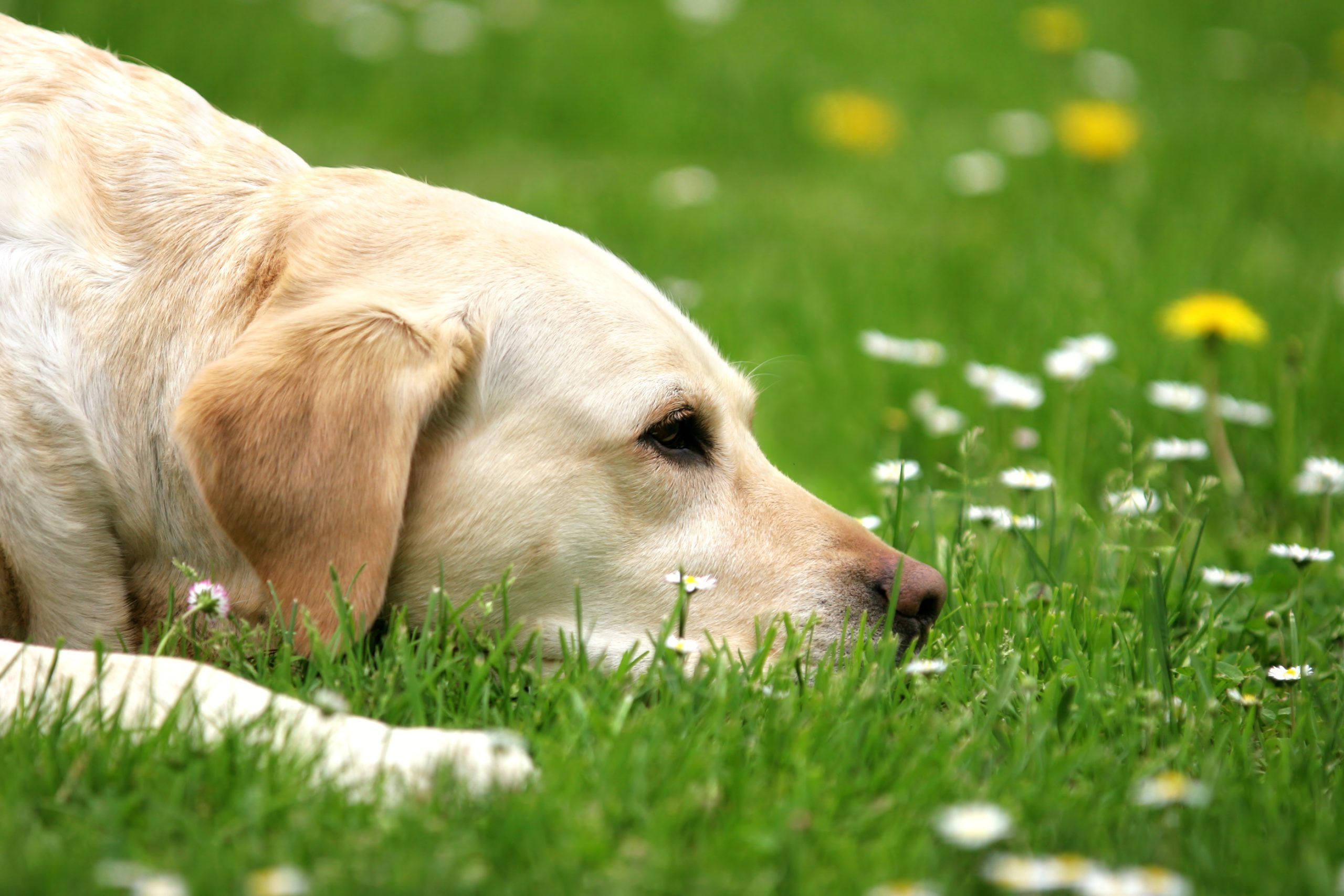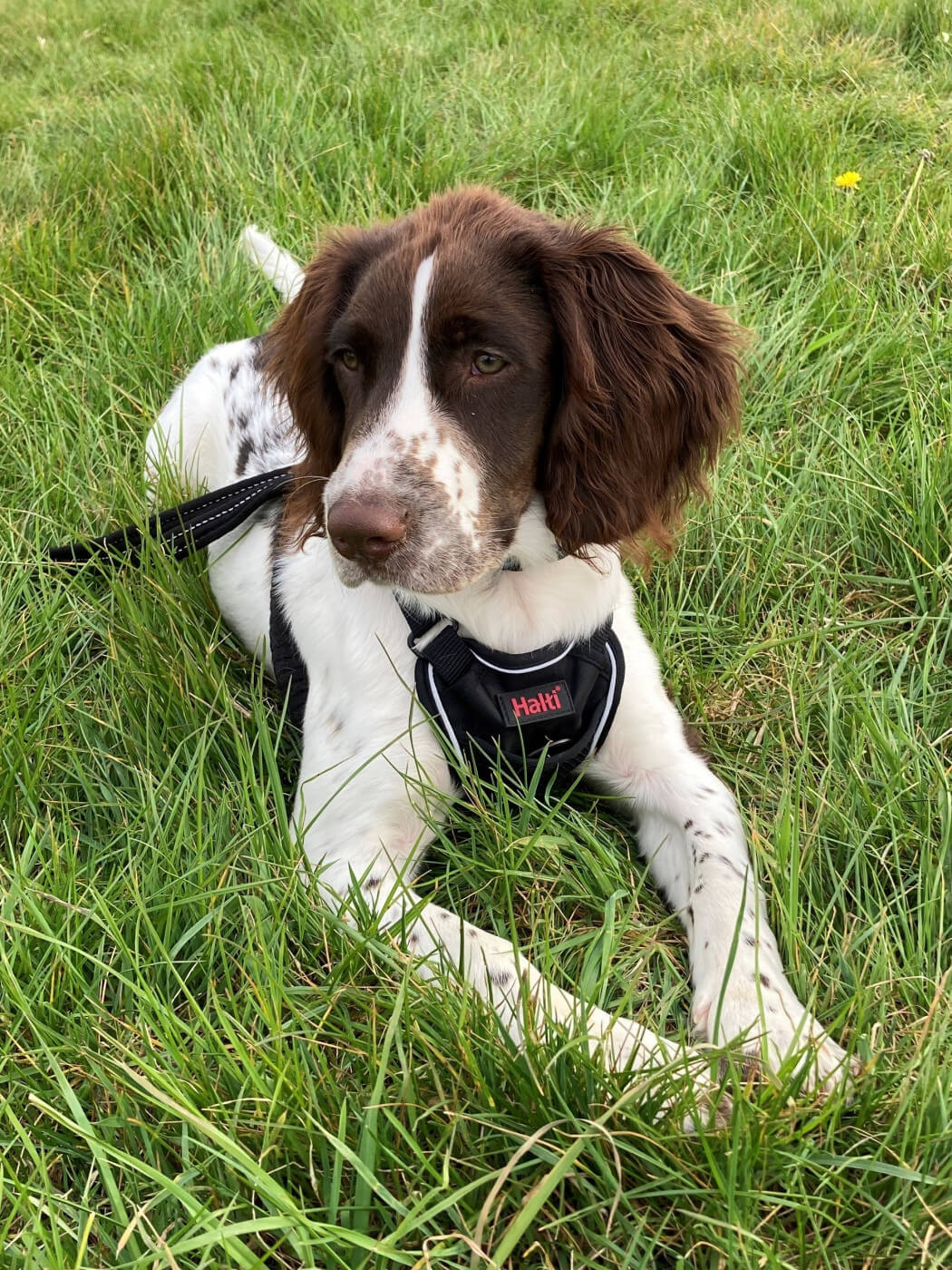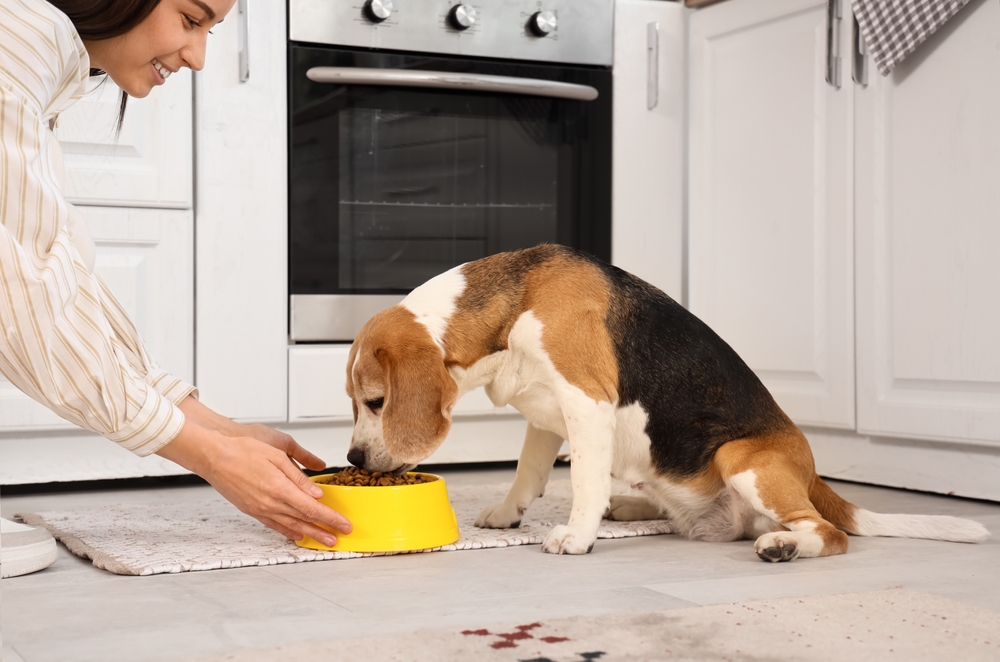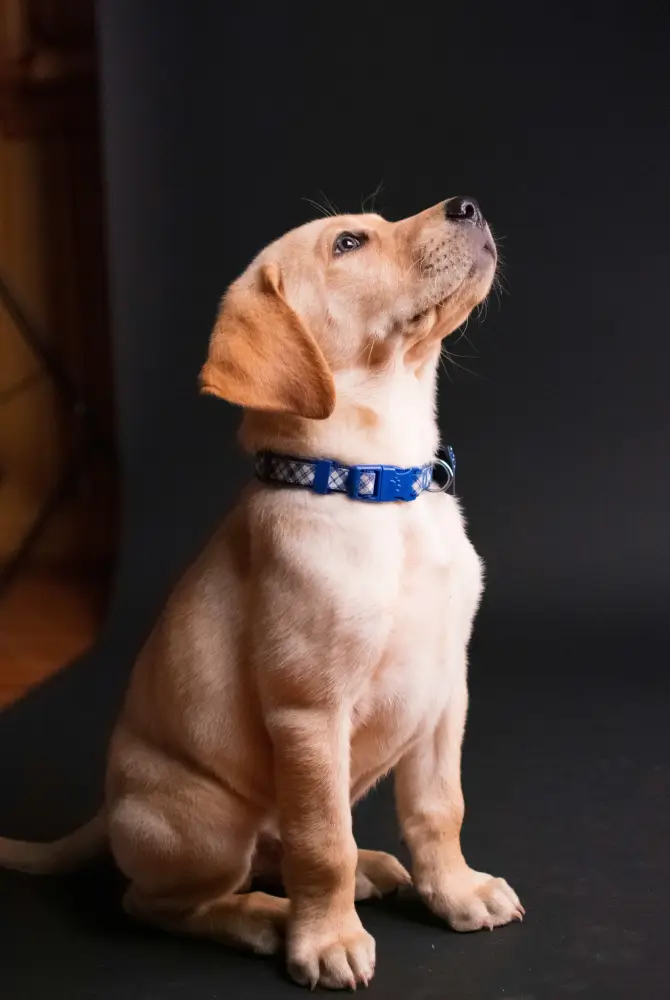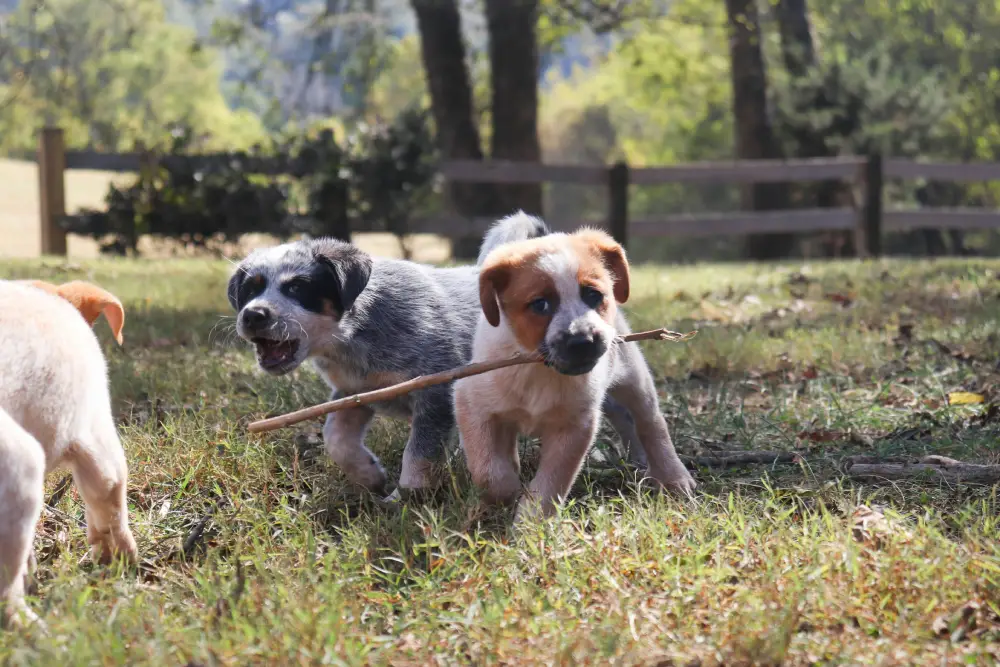
5 things you need to know about Puppy Socialisation
November 19th 2020
What is Puppy Socialisation and why is it important?
Socialisation is the term used to describe the careful introduction of your puppy to other animals, people, environments and objects. Puppy socialisation as a way of learning; they learn how to cope with new places, situations and people, they learn how to communicate with other animals and how to fit in with family life, a training program can help with this.
A puppy that is properly socialised will grow up to be confident and happy, whereas one that has been poorly socialised may end up anxious and fearful, which in turn can lead to aggression. Several studies have linked a lack of early socialisation in puppies with behavioural problems in older dogs.
The ‘Window’ of Socialisation
Up until 16 weeks old, puppies are going through a critical stage of their development when they are open to learning about new situations and environments. After this age anything new that they haven’t come across before will be met with apprehension. However, there is also a phase known as the ‘fear imprint period’ which is seen between 8-11 weeks old.
It is still within the socialisation window but occurs when their natural fear responses start to kick in. During this period, any traumatic, frightening or painful experiences will have a more lasting effect and can set your puppy back for life.
It is very important that you continue to expose your puppy to new things during this stage, but it is essential to make each experience as positive as possible – please see our information on ‘positive reinforcement’ in Training 101. A second fear imprint period occurs during adolescence, typically between 6-14 months old.
It is believed that this stage in development can be traced back to the habits of wild dogs and wolves. After the first few weeks with their family and a safe environment, wolf cubs develop a healthy apprehension of new situations or creatures as a way of protecting themselves from danger. Although older dogs can still be socialised it is much harder, and they do not appear to cope as well.
What should a Puppy Socialisation plan include?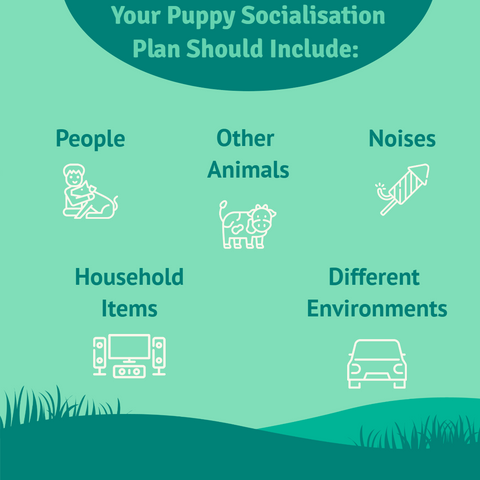
People
Your puppy should be introduced to as many friendly people as possible in their first few weeks of life. In fact, it’s a good idea to ask the breeder how many people your puppy has been socialised with before coming home with you.
They should also have handled the puppy frequently as this gets them used to being touched and has been shown to help reduce the likelihood of biting later on. You should try to let your puppy meet as many different people as possible including men, women and children of all ages, people wearing hats, scarves or sunglasses, family members and strangers.
There is a window of socialisation when your puppy is between 3-16 weeks old. Usually, this window starts to close between 12-20 weeks, with 16 weeks being the average age. However, in some breeds it can start closing as early as 8 weeks old, so don’t delay!
Other animals
Safe and friendly introductions with other dogs (that are vaccinated) are essential but the experience should be a positive one for your puppy. If they become overwhelmed or scared, then remove your puppy from the situation and distract them with something else.
As with meeting people, your puppy should meet as many different breeds, sizes and ages of dog as possible. They should also be exposed to other animals such as cats, rabbits, sheep, cows and horses (with and without riders). They should not be allowed to chase these animals at any time.
Household items
By the time your puppy is ready to leave its mother and siblings he/she should have already been introduced to noisy items like vacuum cleaners, washing machines, televisions, food processors and hair dryers. You can continue this good work once your puppy is home with you and add other items such as balloons, bicycles, pushchairs, garden items and skateboards.
The socialisation period is also the ideal age to introduce them to fireworks and noises like thunder. CDs with recordings of these noises are available and the idea is that they are played quietly at first then the volume is increased gradually as your puppy gets used to the noises.
Environments
Try to take your puppy to as many places as possible. Get them used to travelling in the car too. Apart from taking your puppy to different parks and places for walking you could also try dog friendly shops, pubs and even car boot events, where there’s usually a vast range of different people, noises and objects.
Traffic, especially lorries and buses can be scary and getting your puppy used to the noise of traffic is essential. Try not to overwhelm them and let them observe from a distance until they are confident enough to move closer.
How do I introduce my puppy to new things before they are fully vaccinated?
Before your puppy is fully vaccinated you can still introduce him/her to household items, noises and new people. Meeting friendly dogs that you know have definitely been vaccinated is also essential. However, you can still take your puppy out and about, you will just need to carry him or her.
This way they can experience other things like friend’s houses, traffic, or they can see cows and horses and hear noises like aeroplanes and children playing. As diseases can be picked up from the urine or faeces of unvaccinated dogs and other animals you should not put your puppy on the ground at any time until they are fully vaccinated.
Many vet practices now hold ‘puppy parties’ after the puppy has its first vaccination and health check. These are a great way to meet new people and interact with other puppies of a similar age in a neutral and safe environment.
Photo by Laura Roberts on Unsplash

 Shop Dog
Shop Dog
 Shop Cat
Shop Cat
 Vet Know-how
Vet Know-how Contact
Contact